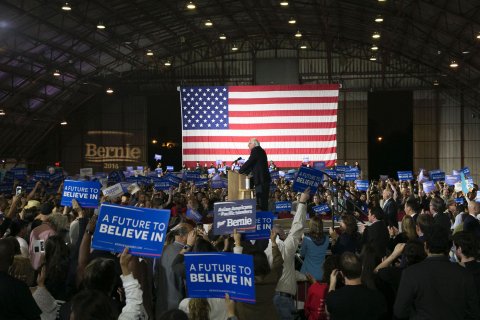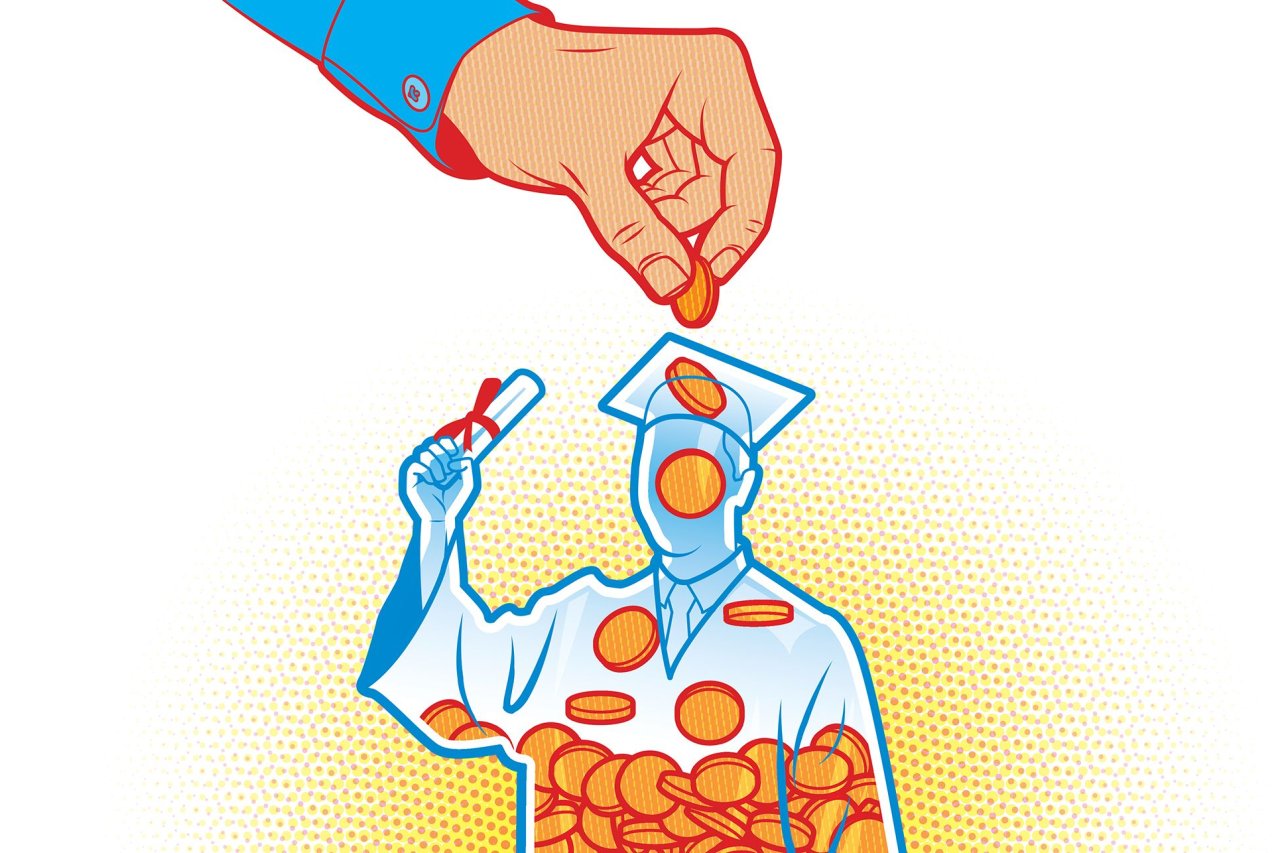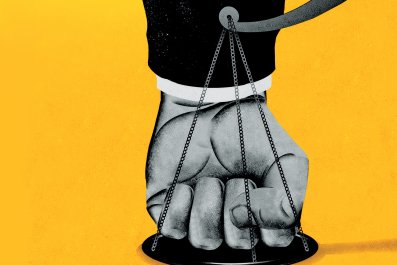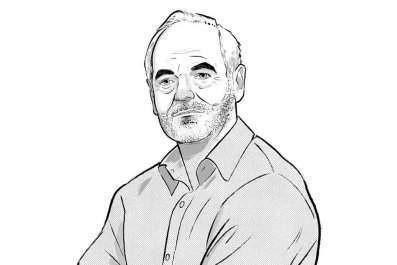Total U.S. student debt now stands at $1.5 trillion. Without the support of the federal government, most of this debt would never have been possible. Even so-called unsubsidized student loans are, in fact, heavily subsidized, compared with, say, credit card debt. Yet, strangely, almost no one argues that America has gotten its money's worth. Our student loan programs' main payoff is complaints.
Parents, students and activists fret that this crushing debt has to be repaid. Student loan programs have saddled a generation of young people with onerous financial obligations—commitments that prevent them from starting a family or moving out of their parents' basement. Wouldn't it be better if college were affordable for everyone?
Yet many of these same critics also blame student loans for "sending too many kids to college." Lots of academically weak students, the thinking goes, use cheap credit to gamble on their future. While this occasionally pans out, weaker students usually fail. One major study found that more than half of high school grads with below-average math scores now start college, but less than a quarter who do so actually cross the finish line. And when weaker students manage to graduate, they rarely have the prestigious majors and high grades required to get the lucrative jobs they need to repay their loans. Isn't it perverse to dangle cheap credit in front of naïve young people and expect them to choose well?
If student loan programs are bad, what would be better? Whatever their complaints, most critics gravitate to the same solution: Make tuition so cheap that students no longer need to borrow. As the Wharton School's Peter Cappelli writes in Will College Pay Off?, "Using loans to pay for college is an idea with great appeal to economists because the people getting the financial benefit—the graduates who get the good jobs—are the ones paying for it…. If there is not a good payoff from the degree, that argument falls apart."
Suppose, however, that governments slashed college tuition. How would this encourage students to finish their studies or carefully choose a promising major? What would this do about all the wasted time and money we already see from those who drop out or squeak through? Free college would plainly encourage even weaker students to throw the dice.
What's the harm of creating limitless educational opportunities? The most obvious is the massive burden on taxpayers. The deeper problem, though, is that the more college degrees multiply, the less they mean to employers. Researchers call this "credential inflation." Most of what you learn in college never comes up after the final exam. This is obvious for literature and history majors, but even engineers spend semesters on mathematical proofs that never come up on the job. Employers reward college degrees primarily because they certify graduates' intelligence, work ethic and sheer conformity. So when educational opportunities expand, employers don't respond by handing every graduate a good job. Instead, they raise the bar.
Credential inflation explains why so many of today's young people need a college degree to get the same job their parents got with a high school diploma. True, cognitively demanding jobs are more common than they were in the 1970s, but they remain fairly rare. Secretaries, waiters and the other classic "noncollege" jobs shouldn't require an undergraduate pedigree. As an internet meme quips, "When everyone has a bachelor's degree, no one does."

I'm a college professor, but I still believe that the harsh realities of credential inflation should make us radically rethink the social value of college. If students' main goal is not to learn useful skills but to outshine their peers, taxpayers are fueling a zero-sum struggle. My recent book crunches the numbers and concludes that our society would be richer if half our high school grads skipped college and joined the job market. And, frankly, there's no point in making college more affordable for students who don't belong there in the first place. When the college degree was rare, there was little stigma against those who lacked it. Our dream should not be a world where everyone goes to college but a world where you can get a good job straight out of high school.
Perhaps I go too far. Some "weaker students" don't have the socioeconomic and academic advantages of those born into wealthy families. But student loans are still underrated. Even no-interest loans leave students with some skin in the game. If their educational investment flops, they still have to repay the principal. Proposals to make college cheaper, or even free—as Senator Bernie Sanders urged in the last presidential campaign—delete that vital reality check. Without tuition, the most fanciful academic experiments seem tempting. Who knows, medieval studies could be the next big thing!
Student loan programs should be reformed. But wise reforms bolster borrowers' incentive to choose a productive path. Charging equal interest rates regardless of odds of success or intended major is a recipe for fruitless credential inflation. The prudent course, which is standard procedure in the private sector, is to base interest rates on expected risk and reward. While there's always a chance you're a late bloomer, weaker students should know the odds are against them. Students in low-earning majors should understand the difference between a hobby and a career path. And if you're worried about class divisions and economic inequality, wouldn't both be milder if we got credential inflation under control?
For all their faults, student loan programs do warn students to look before they leap. The pragmatic way forward is to raise interest rates for high-risk students to make these warnings loud and clear.
→ Bryan Caplan is a professor of economics at George Mason University and author of The Case Against Education: Why the Education System Is a Waste of Time and Money.















